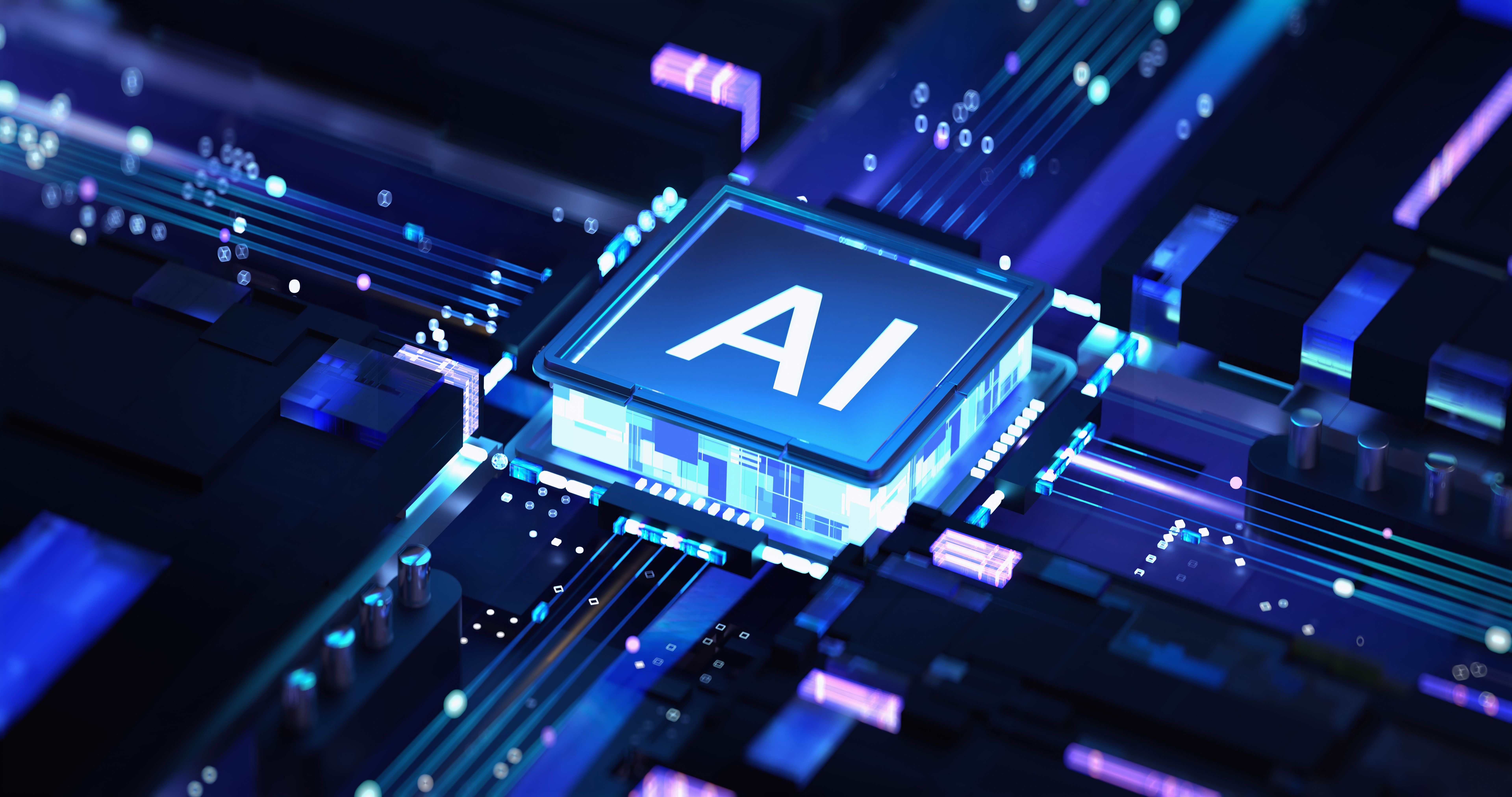The Future of Technology: AI and Machine Learning Explained
Understanding AI and Machine Learning
Artificial Intelligence (AI) and Machine Learning (ML) are transforming industries and shaping the future. These technologies are no longer just buzzwords; they are becoming integral components in a wide range of applications, from healthcare to finance. But what exactly are they, and how are they influencing our lives?
AI refers to the simulation of human intelligence processes by machines, especially computer systems. It involves learning, reasoning, problem-solving, perception, and language understanding. Machine Learning, a subset of AI, is the study of computer algorithms that improve automatically through experience and by the use of data.

The Basics of Machine Learning
At its core, Machine Learning is about creating algorithms that can learn from and make predictions on data. There are three main types of learning: supervised, unsupervised, and reinforcement learning.
- Supervised Learning: The algorithm is trained on a labeled dataset, which means that each training example is paired with an output label.
- Unsupervised Learning: The algorithm is given data without labels and must find patterns and relationships within the dataset.
- Reinforcement Learning: The algorithm learns by interacting with an environment to achieve a certain goal, receiving feedback in the form of rewards or penalties.
The choice of the learning method depends on the type of data available and the desired outcome.

Applications Across Industries
AI and ML are revolutionizing various industries by enhancing efficiency, accuracy, and innovation. In healthcare, these technologies are used for predictive analytics and personalized medicine. In finance, they assist in fraud detection and risk management. Autonomous vehicles, powered by AI, promise to reshape transportation systems.
Moreover, AI-driven chatbots and virtual assistants are enhancing customer service by providing quick responses and solutions. The potential applications are vast and continue to grow as these technologies evolve.

The Importance of Data
Data is the fuel that powers AI and ML. Without large volumes of high-quality data, these technologies cannot function effectively. As organizations collect more data than ever before, the challenge lies in managing and analyzing it to extract meaningful insights.
Data privacy and security are critical concerns that accompany this data explosion. Ensuring that AI models are trained on unbiased data is essential to prevent skewed results and maintain ethical standards.
The Future Prospects
The future of AI and ML holds immense promise. As these technologies continue to advance, they will likely lead to new innovations that we can only begin to imagine. From enhancing decision-making processes to creating more intuitive human-machine interactions, the possibilities are endless.
However, with great power comes great responsibility. Ethical considerations, such as algorithmic bias and job displacement, need to be addressed as we integrate these technologies further into society.

Being into AI, since ChatGPT first entered the market, 2021, I've trained and modeled and manipulated hundreds of AI tools, (A lot of AI tools came and went since then,) My advice, feed the OpenAI the most factual and accurate information as possible.